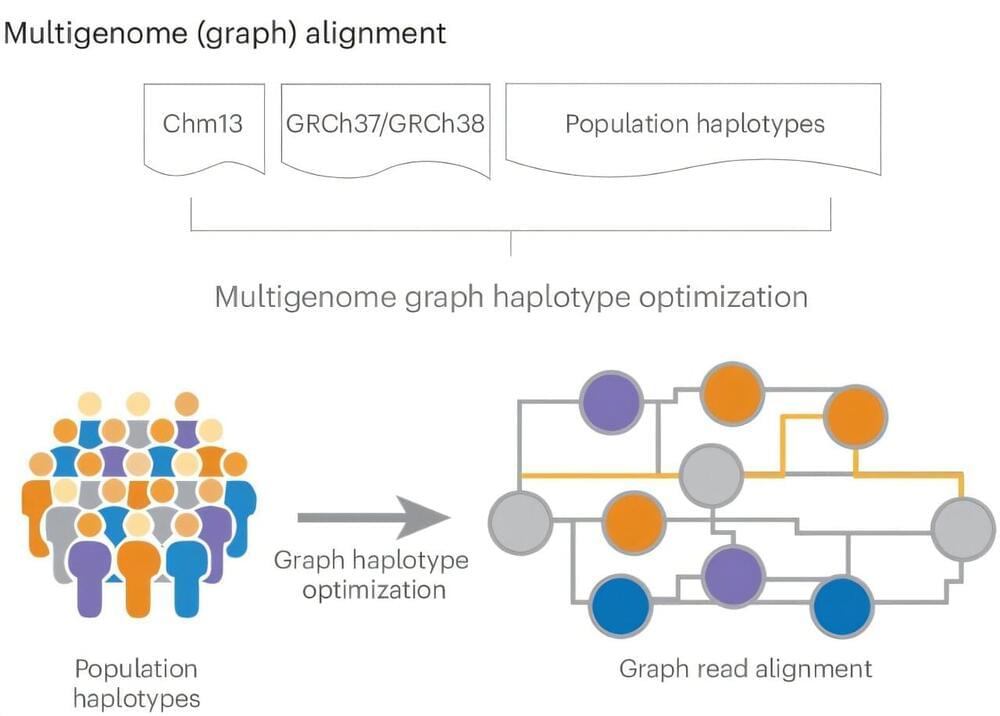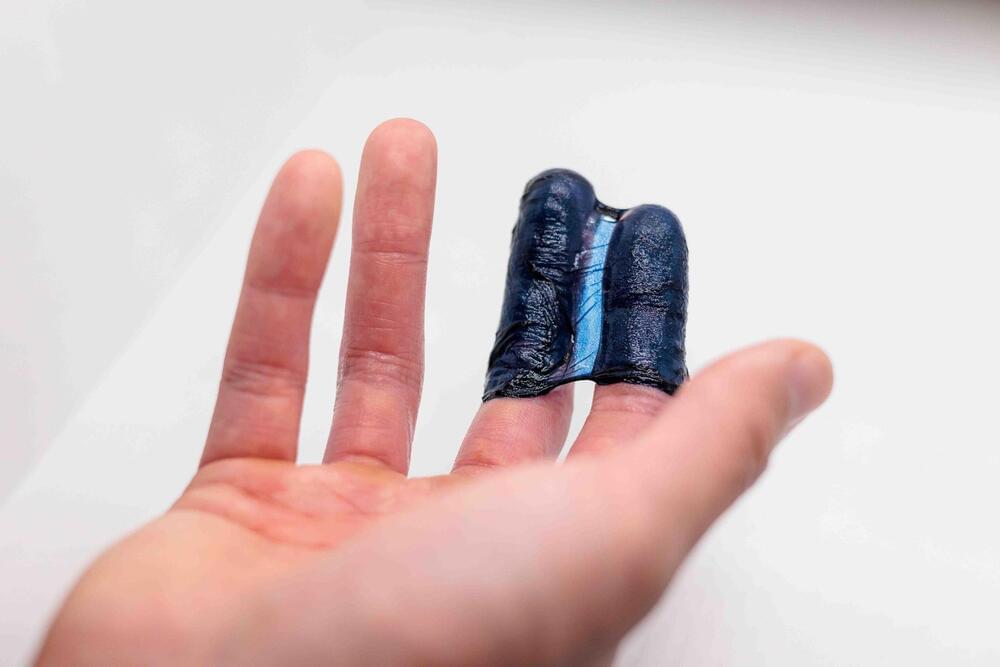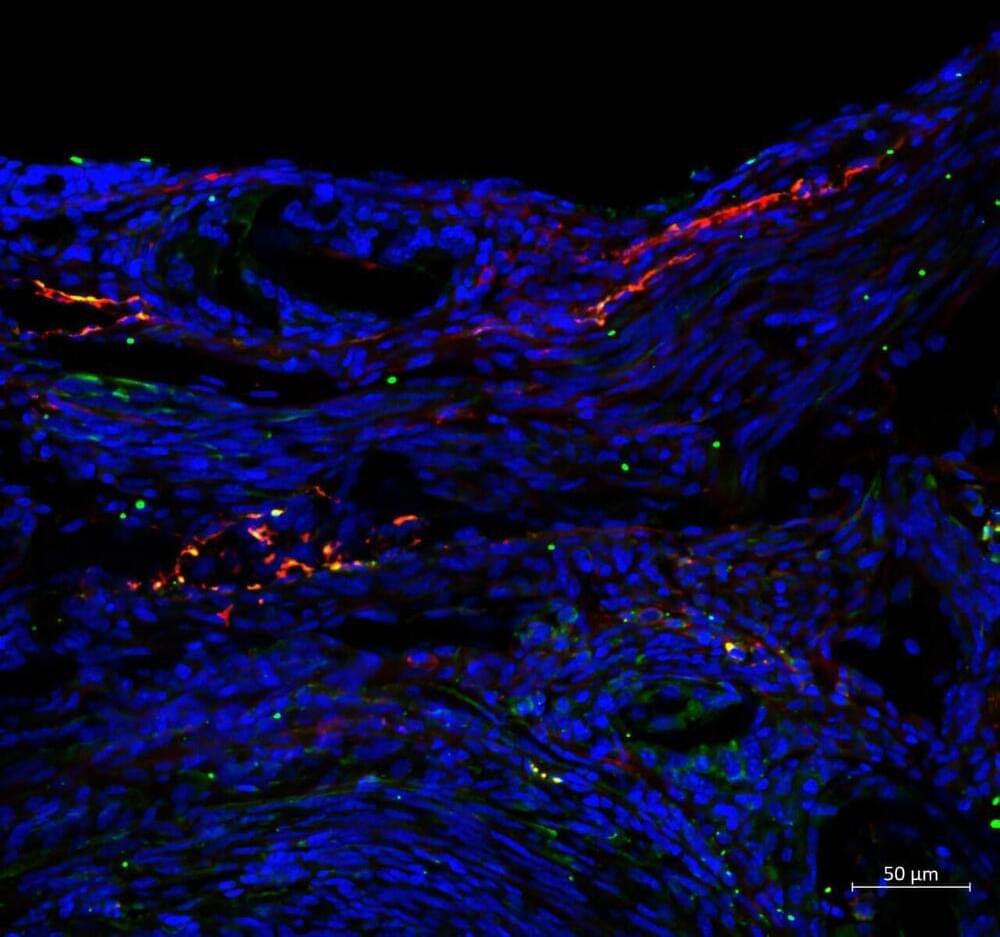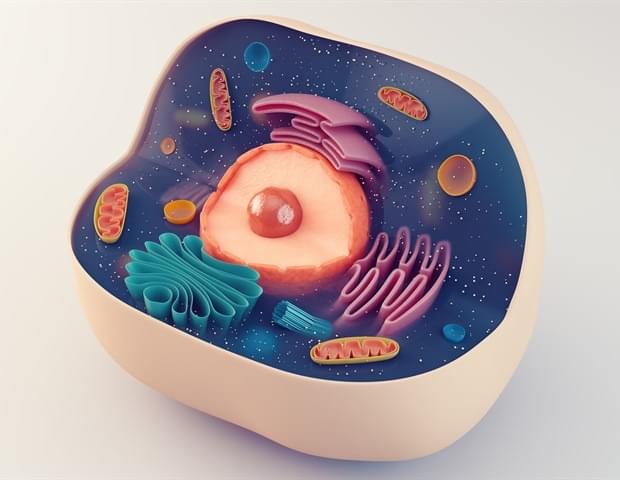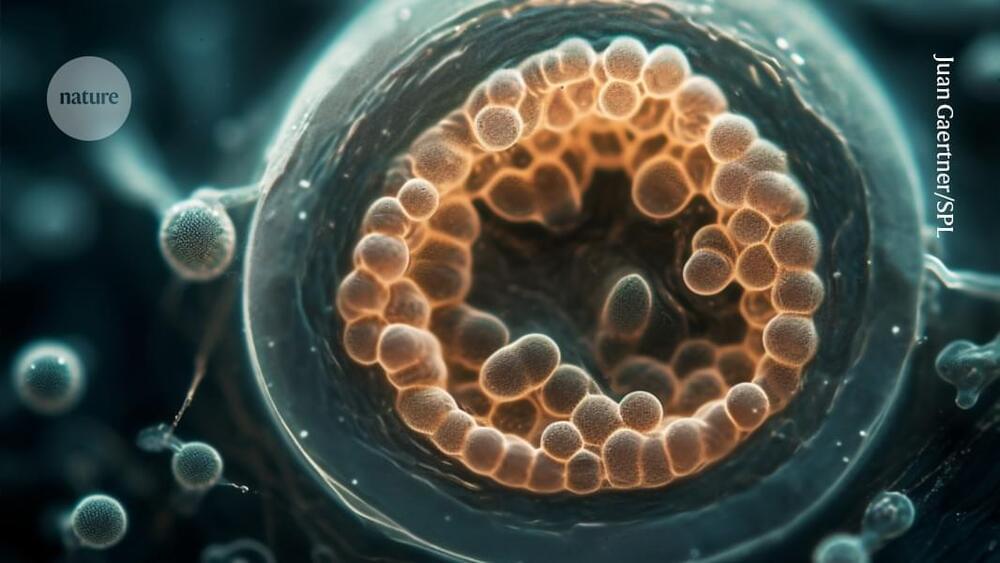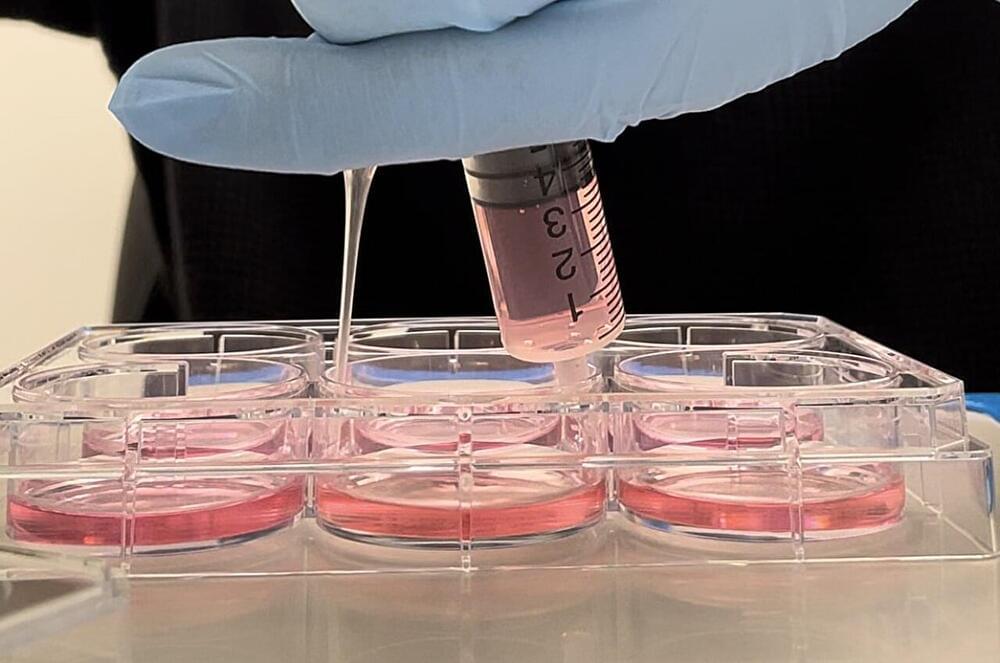
It’s common knowledge that our brains—and, specifically, our brain cells—store memories. But a team of scientists has discovered that cells from other parts of the body also perform a memory function, opening new pathways for understanding how memory works and creating the potential to enhance learning and to treat memory-related afflictions.
“Learning and memory are generally associated with brains and brain cells alone, but our study shows that other cells in the body can learn and form memories, too,” explains New York University’s Nikolay V. Kukushkin, the lead author of the study, which appears in the journal Nature Communications.
The research sought to better understand if non-brain cells help with memory by borrowing from a long-established neurological property—the massed-spaced effect—which shows that we tend to retain information better when studied in spaced intervals rather than in a single, intensive session—better known as cramming for a test.
